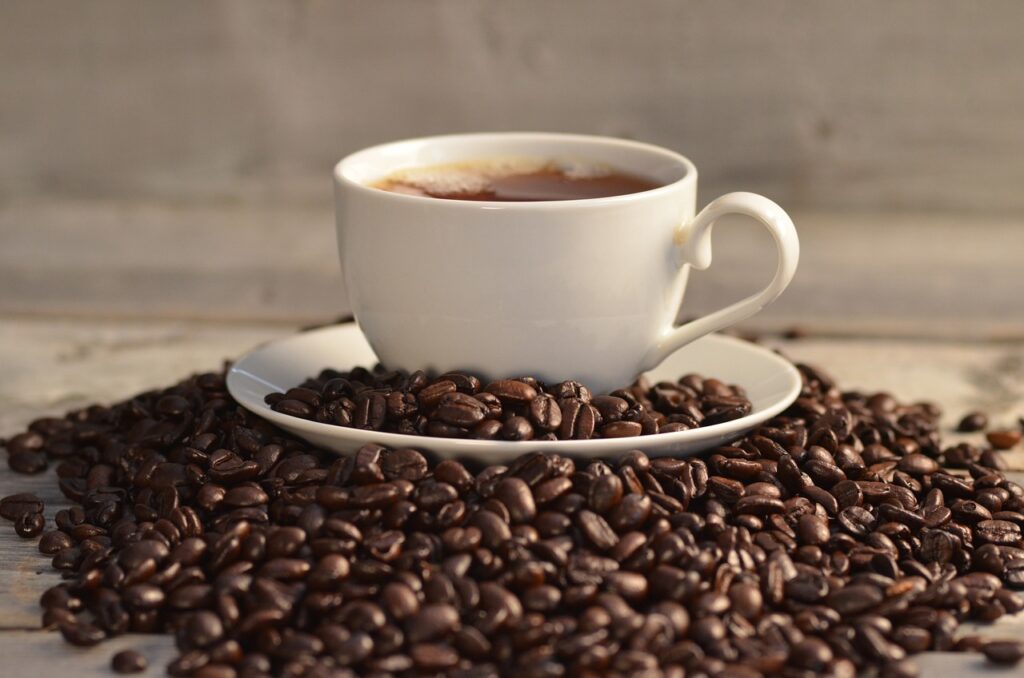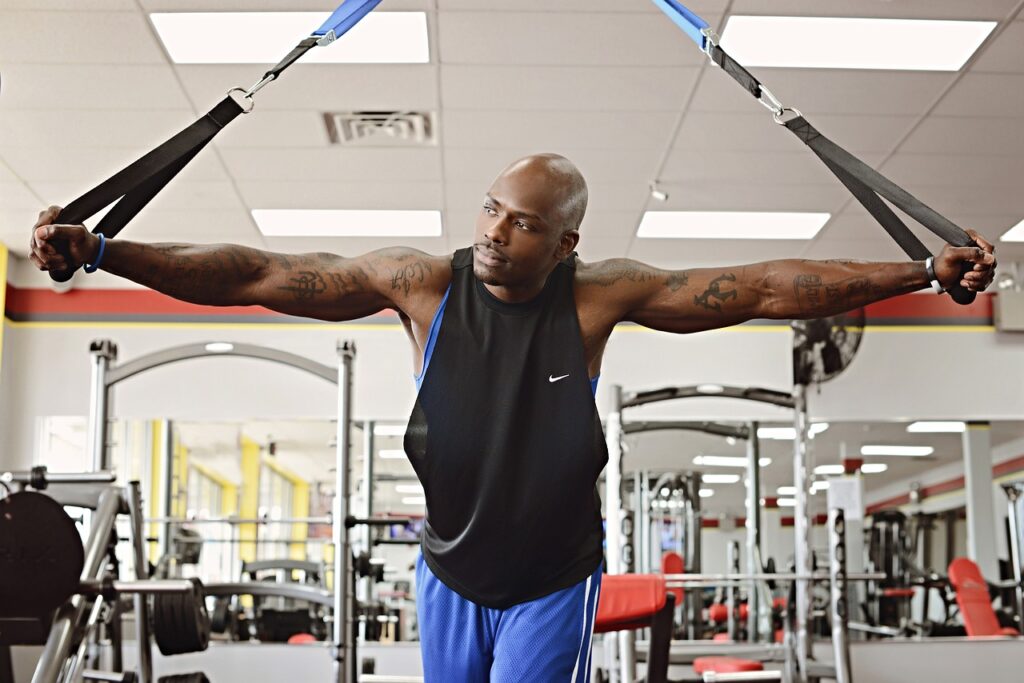- dkslifestylefitness@gmail.com

Coffee is one of the most widely consumed beverages in the world with over 2.25 billion cups consumed daily. A lot of working adults can’t start their day without their morning cup of Jo. Over the years, coffee has developed a negative reputation in the health and fitness community. The bad reputation comes from people who abuse coffee or drink too much coffee. Despite the fact, it is arguably the most nutrient dense beverage you could drink. In this article, we will discuss some of the health and fitness benefits of coffee.
The Health Benefits of Coffee
Coffee Can Reduce Your Risk of Type 2 Diabetes.
Researchers from the University of Harvard conducted a study on coffee consumption with over 75,000 participants. It was a 20-year study that expanded from 1986-2006. The results showed that the participants who increased their coffee consumption by 1 or more cups per day had an 11 percent decrease in their risk of developing type 2 diabetes. The results of the study were published in a 2014 journal. It is not certain why coffee has profound benefits as far as diabetes prevention. However, it’s been hypothesized that there are components in caffeine that help keep blood sugar at a stable level.
Coffee Can Reduce Your Risk of Cancer
Researcher from the American Cancer Society conducted a study on coffee consumption with over 1,000 human participants. The results showed that coffee drinkers had a reduced risk of several cancers such as prostate cancer, liver cancer, endometrial cancer, and some cancers of the mouth and throat. The study also showed that people who drank 4 to 6 cups of coffee per day had the most benefits. Coffee is made from beans that contain many different antioxidants, which are believed to have cancer-fighting properties.
Coffee Can Improve Your Brain Health
Coffee has cognitive benefits for several reasons. Studies have shown that the caffeine in coffee activates the central nervous system by promoting the release of neurotransmitters in the brain such as nor-adrenaline, dopamine, and serotonin. Caffeine has been linked to various improvements in brain functioning including mood, reaction time, vigilance, attention, learning, and general mental function. Coffee has also been linked to a reduced risk of Parkinson’s disease. It is a disease characterized by a degeneration of nerve cells in the brain. A large human study was done on people who drank 3 cups of coffee per day. The results showed a 29% lower risk in the development of Parkinson’s disease. It’s been concluded that the active ingredient caffeine has protective properties.
The Fitness Benefits of Coffee

Coffee Can Improve Workout Performance
Coffee or caffeine has been shown to improve training performance. This is due to the central nervous system activation you get. This is also due to the boost in energy you get from caffeine. You can do more exercises, sets and repetitions with less fatigue. The main ingredient in many pre-work supplements is caffeine. If you have no interest in investing in a pre-workout supplement, a small cup of black coffee 30-60 minutes prior to an intense strength training session would give you just as good as an energy boost.
Coffee Can Help You Lose Weight
Coffee is surprisingly a great fat loss tool. The caffeine in coffee acts as an appetite suppressant, so you have a desire to eat less when you consume more caffeine. You get even better appetite suppression when you drink your coffee black or without cream, sugar, or artificial sweeteners. Drinking plain black coffee helps shuttle fat cells into the bloodstream and allows body fat to be burned for fuel. Black coffee can be a useful tool in helping you maintain a caloric deficit if you are on a fat loss program.
Black Coffee and Intermittent Fasting
Black coffee is a great tool to utilize if you practice intermittent fasting. Caffeine acts as an appetite suppressant, which means your satiety hormone leptin would be elevated as you fast. This works incredibly well if you fast during the daytime and have your feeding window within the late afternoon and nighttime hours. Black coffee can also give you more energy, mental focus, and an increase in work productivity as you fast during the day.
Why You Want to Drink Your Coffee Black While Intermittent Fasting
Black coffee is considered a 0-calorie beverage. Therefore, it is ok to have it while intermittent fasting. If you add things to your coffee like cream, sugar, or artificial sweeteners, it takes you out of the fasted state. The reason these items take you out of the fasted state is because they have a caloric value and will cause an insulin spike. Not only will cream, sugar, and sweeteners cause an insulin spike, but it will also make you hungry. Some people add butter or MCT oil to their coffee when fasting, because they are under the belief that butter or MCT oil won’t cause an insulin response during the fast. They think calories from pure sources of dietary fat will not break the fast. The reality is it’s not true. Dietary fat calories can still cause an insulin response. The spike may not be as big with fats in comparison to carbohydrates or protein, but pure dietary fat can still activate insulin levels. If you want the full benefits of fasting, consume your coffee without anything in it.
How Many Cups of Coffee a Day is Safe to Drink?
According to the Food and Drug Administration, 400 milligrams of caffeine is safe to consume for most healthy adults. This equates to roughly 4-5 cups of coffee per day. This amount has shown no negative or dangerous side effects of caffeine. The sensitivity to caffeine will vary from person to person. Too much caffeine can negatively affect your health and sleep quality. It is imperative if you are on a weight loss program to get quality sleep. In this Instance, most people would just want to stick to 1-3 cups of coffee per day max.
Conclusion
Coffee has a ton of health benefits. It can reduce your risk of type 2 diabetes, cancer, and several diseases associated with the brain. Caffeine can improve training performance and fat mobilization. Coffee is especially useful if you are on an intermittent fasting plan and struggle with hunger. It will not destroy your health unless you are drinking 7 plus cups of coffee a day. It is best to keep caffeine consumption at 400 milligrams or less per day for safety. As delicious and nutritious as coffee may be, it is still a drug.
